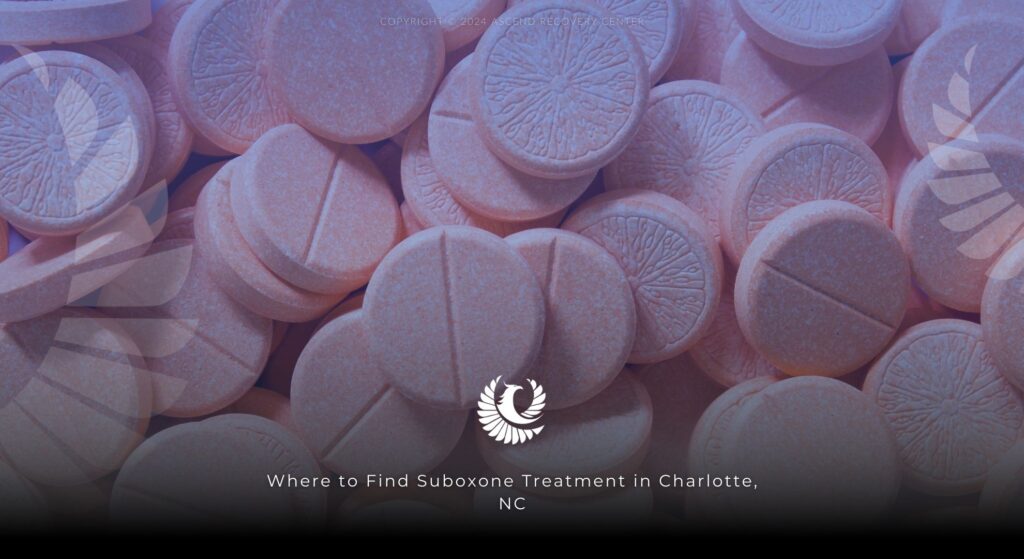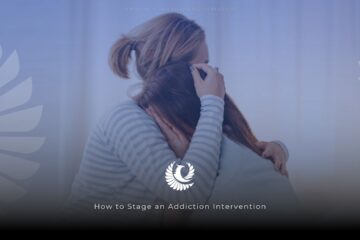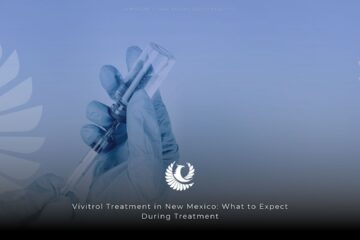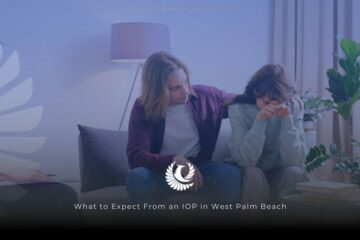Opioid addiction is not easy to overcome. Whether you’re addicted to prescription opioids like oxycodone or illicit opioids like heroin and fentanyl, getting sober and staying sober can feel like an impossible endeavor. However, with the right treatment and support, anyone can recover from opioid addiction.
The road to recovery looks different for everyone. For many people struggling with opioid addiction, treatment and recovery involve both medications and therapy. Treatment programs that combine medications, counseling, and behavioral therapy use an approach known as medication-assisted treatment (MAT). MAT has been shown to improve treatment retention and outcomes while reducing the risk of relapse.
Many medications may be used in MAT, but one of the most popular is Suboxone. If you think the medication may be right for you, please reach out to Ascend Recovery Center to learn more about Suboxone treatment programs in Charlotte, NC.
What is Suboxone? Understanding the Basics
Suboxone is a medication that can help treat opioid dependence. It was approved by the U.S. Food and Drug Administration (FDA) in 2002. It comes in the form of a sublingual film or tablet that can be placed under the tongue or between the cheek and gums until it dissolves.
Suboxone contains two active ingredients: buprenorphine and naloxone.
Buprenorphine is a partial opioid agonist, which means it activates the opioid receptors in the brain but to a lesser degree than full opioid agonists like heroin or oxycodone. This helps to reduce cravings and opioid withdrawal symptoms without producing the same level of euphoria or sedation.
Naloxone is added to Suboxone to discourage misuse. Naloxone is an opioid antagonist, meaning it blocks the effects of opioid drugs and can precipitate withdrawal symptoms if someone attempts to misuse Suboxone by injecting it. When taken sublingually as directed, naloxone has little to no effect, but if the medication is crushed and injected, naloxone can induce withdrawal symptoms.
Suboxone is intended to be used as part of a comprehensive treatment program for opioid dependence, which may include counseling, behavioral therapies, and support groups. It’s important for individuals using Suboxone to follow their doctor’s instructions closely and to communicate openly about their progress and any challenges they may encounter.
Will I Have Side Effects When Taking Suboxone?
All medications have side effects, but when they are prescribed to you, it is because the benefits outweigh the risks. When taken as prescribed, Suboxone is safe and effective, and it can give you your life back after addiction. Still, you may experience side effects.
The most common side effects of Suboxone are:
- Pain or redness in the mouth
- Headache
- Nausea
- Sweating
- Numb mouth
- Painful tongue
- Dizziness
- Difficulty concentrating
- Irregular heartbeat
- Blurry vision
- Insomnia
- Back pain
- Drowsiness
The most severe side effect is respiratory depression. Like other opioids, the buprenorphine in Suboxone can slow breathing. Respiratory depression occurs if breathing becomes too slow to shallow, resulting in oxygen deprivation. If you experience this side effect, you should seek medical help immediately.
While participating in Suboxone treatment in Charlotte, you will have regular check-ins with your doctor to discuss your treatment. You may talk about side effects, whether or not it is working as intended, and your treatment progress in general. If needed, your doctor can adjust your dose and address any additional concerns you may have. These check-ins are essential for making treatment successful.
What to Expect at a Suboxone Treatment Center in Charlotte, NC
People with opioid use disorder are encouraged to seek whatever treatment route works for them. At a Suboxone treatment clinic, treatment combines the FDA-approved medication with counseling and behavioral therapy.
Treatment begins with intake and assessment. During this phase, individuals sign paperwork consenting to treatment and undergo various evaluations so the clinical team can determine their unique needs. Then, a treatment plan is developed.
The next phase of treatment involves detox. Individuals must abstain from opioids for 12-24 hours before starting Suboxone. Withdrawal symptoms can be uncomfortable during this time, but other medications for withdrawal symptom relief can be given to alleviate your symptoms.
After a brief detox period, your doctor may prescribe Suboxone. You may feel relief from your withdrawal symptoms within 1-2 hours of taking the medication. Suboxone is a daily medication, so you will have to take it every day or as directed by your doctor.
While taking Suboxone, counseling and behavioral therapy sessions can help you address the root causes of your addiction as well as any co-occurring mental health conditions you may suffer from. It also helps you process painful or buried emotions and develop healthy coping skills that are used to treat opioid use disorder.
After completing a treatment program, aftercare is essential to keep you on the right path. Aftercare may involve sober living, medication management, long-term counseling, support groups, and more.
Find Suboxone Treatment in Charlotte, North Carolina Today
If you or a loved one are looking for a Suboxone doctor and treatment program in Charlotte, North Carolina, Ascend Recovery Centers can help. Our medication-assisted treatment (MAT) program aims to restore balance to the very neurochemical processes that are disrupted by drug and alcohol use. By reducing cravings and withdrawal symptoms, Suboxone and other medications for opioid use disorder have a powerful impact in supporting individuals in recovery and preventing opioid overdoses in the future.
To learn more about our Suboxone treatment programs or to get started with a confidential, risk-free assessment, please contact us today. Our dedicated admissions team is available 24 hours a day to help you begin.








